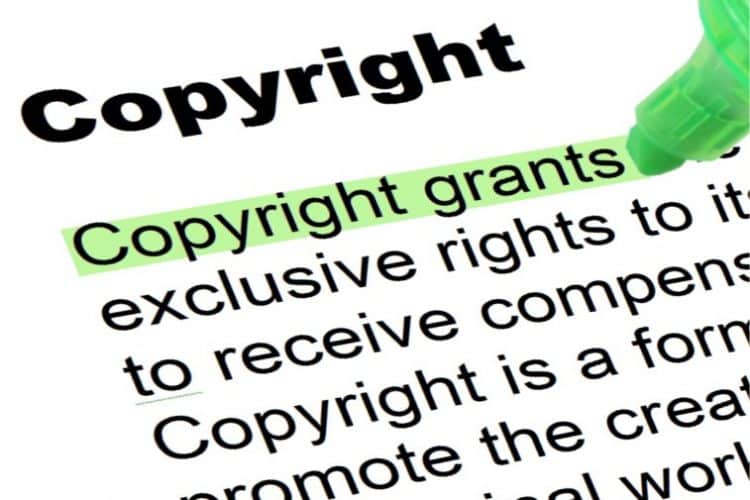
Are Press Releases Copyrighted?
A recent concern related to press releases is whether or not they are actually copyrighted. This is an interesting question because up until recently, press releases were issued with the express intention, and understanding, that they were to be picked up by journalists and either used as is or turned into what is termed a derivative work. In other words, the journalist would get, or derive, information from the release and use it as part of their quota of written work to satisfy their bosses that they are producing good content and meeting all their deadlines.
But recent issues regarding plagiarism, work ethic, and search engine practices have called into question whether or not a press release is copyrighted, and what counts as fair use when it comes to derived works.
Is a press release copyrighted?
The short answer is yes because it is being written by a person on behalf of a company.
Having said that, facts, figures, and statistics cannot be copyrighted. In this case, it is only good manners to cite the source of the information.
In fact, the citation will usually mean a fair use of the content of a press release. It’s when journalists and writers try to pass off the work of others as their own and use them word for word in many cases that the trouble starts. That is considered plagiarism.
The work of the modern journalist
Certain news outlets have recently fired staff for using press releases without any significant alterations or citations. The feeling here is it is not just plagiarism, but a breach of contract.
Plagiarism is the theft of a written work with an intention to deceive others by trying to pass it off as one’s own original work. This is a crime and can result in litigation.
In terms of breach of contract, the journalist lifting the entire press release without any changes is seen as being lazy, ‘cheating’, and not fulfilling their professional obligation to actually write something from scratch. Yes, they are submitting an article for their deadline, but the work is not theirs – it is the work of a corporate marketer.
Being paid for basically doing nothing is, of course, an issue, but there is a broader one than that now, thanks to the nature of the Internet and search engine practices at Google: the issue of duplicate content.
Duplicate content problems
The whole point of having a website is to get traffic. In the case of an online periodical, they need readers, either because they will charge them for a subscription to their work, and/or they will run ads on the site, and get paid on a pay per view (PPV) and pay per click (PPC) basis for every reader who comes to a page and takes action. As you can imagine, online periodical sites are huge, with many pages, so there is big money to be had from subscribers and ads.
However, Google has recently imposed a duplicate content penalty. The first page which is published with X content on it will be visible in the search engines. However, later pages will not be ‘seen’ by the search engine, which means the chance of it getting any traffic is very low.
If every journalist were to copy press release X word for word, only one would be a winner, and the rest would miss out on subscribers and ad revenue. Re-writing the release, however, and providing a citation for where the information came from, would be derived content, which would be acceptable to the search engines.
This being the case, no matter how perfect a press release is, journalists should quote, cite and re-write.




